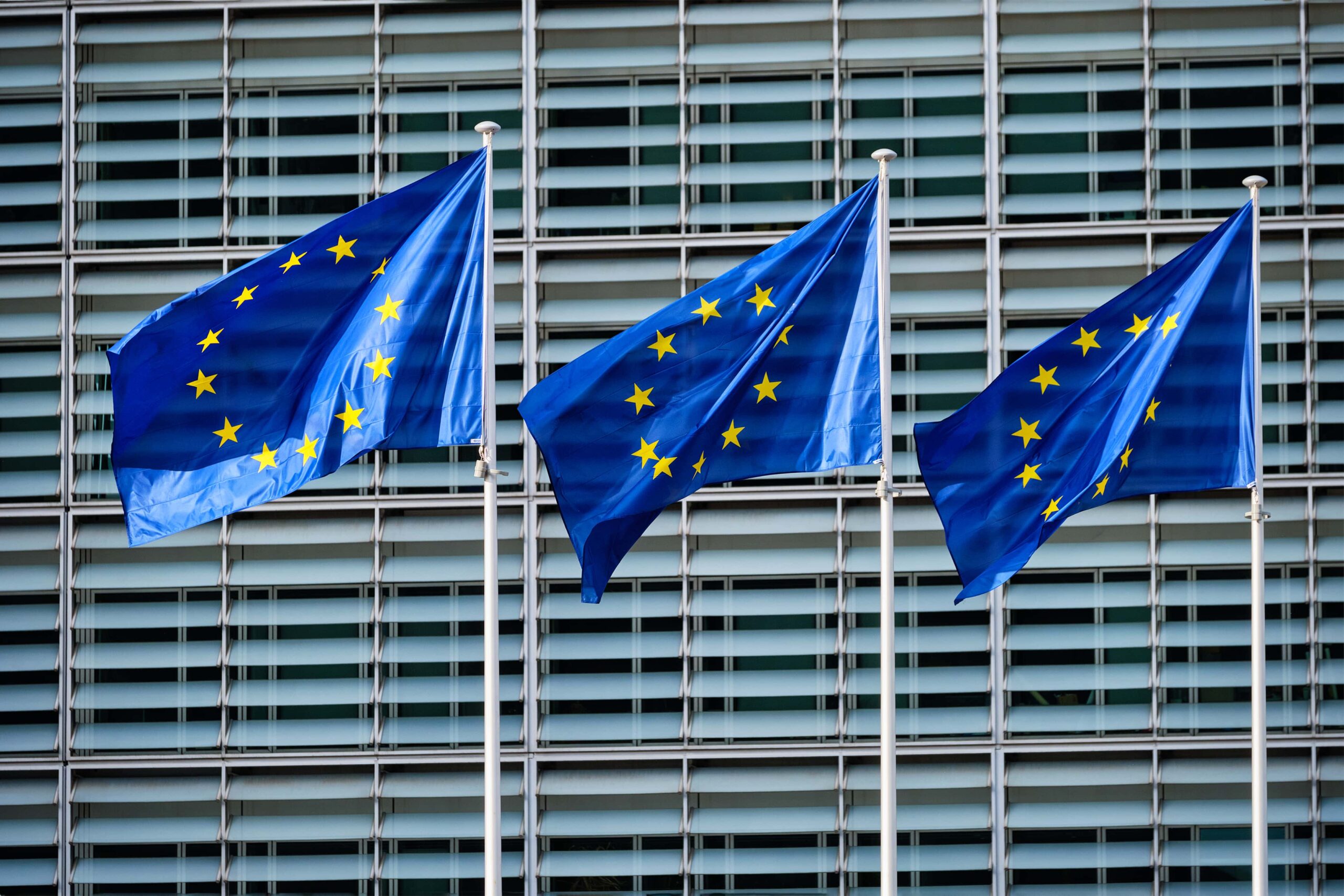Project Progress
-
Clinical Trial
Phase III
-
Cancer type
Sarcoma
-
Set up
EORTC and intergroups
-
Status
Recruiting
Retroperitoneal sarcomas are rare diseases refractory to treatment with dismal prognosis. Surgery is the only standard approach to primary disease. We are proposing an innovative pragmatic approach supplementing a standard phase III clinical trial with an observational cohort.
STREXIT2 is proposed to complement the ongoing phase III EORTC clinical trial STRASS2 investigating the added value of neoadjuvant chemotherapy before surgery for high-risk retroperitoneal sarcoma and to add an observational study STREXIT2 that will capture real world data from patients not participating to STRASS2. We will compare the clinical outcomes between STRASS2 and STREXIT2 and explore the combination of STRASS2 and matched STREXIT2 patients to strengthen the results of the randomized clinical trial data and increase the power of subgroup analyses.
We will perform health economics analysis assessing the economic value of different treatment scenarios based on STRASS2 and STREXIT2. If successful, the outcomes of the project will define a new evidence-based standard of care for high-risk retroperitoneal sarcomas. The research could lead to improved patient survival, quality of life and also improving health system sustainability.
We are a multidisciplinary and multistakeholder consortium involving clinical oncologists, surgeons, health economists and patient representatives. The study design was successfully discussed with patients. This action is part of the Cancer Mission cluster of projects on ‘Diagnosis and treatment’.
Phase III
Sarcoma
EORTC and intergroups
Recruiting

EU missions are a new way to bring concrete solutions to some of our greatest challenges. They have ambitious goals and will deliver tangible results by 2030. They will deliver impact by putting research and innovation into a new role, combined with new forms of governance and collaboration, as well as by engaging citizens. EU Missions are a novelty of the Horizon Europe research and innovation programme for the years 2021-2027.
EU Cancer Mission: improving the lives of more than 3 million people by 2030 through prevention, cure and for those affected by cancer including their families, to live longer and better. Cancer affects everyone regardless of age, gender or social status and represents a tremendous burden for patients, families, and societies at large. According to the European Cancer Information System, each year 2,7 million people are diagnosed with cancer and 1,3 million lost their lives due to this disease in Europe. If no further action is taken, the number of people newly diagnosed will increase to more than 3,24 million by 2040. The Cancer Mission has defined clear and ambitious objectives to reverse these frightening trends. By joining efforts across Europe with citizens, stakeholders and Member States, the Mission on Cancer together with the Europe’s Beating Cancer Plan will provide a better understanding of cancer, allow for earlier diagnosis and optimisation of treatment and improve cancer patients’ quality of life during and beyond their cancer treatment.

© The STREXIT2 Consortium 2023-2028. This project has received funding from the European Union’s HORIZON-MISS-CANCER-2022-01 under grant agreement Nº (101103843). Views and opinions expressed are however those of the authors only and do not necessarily
reflect those of the European Union. Neither the European Union nor the granting authority can be held responsible for them.
Copyright © 2025 All rights reserved.